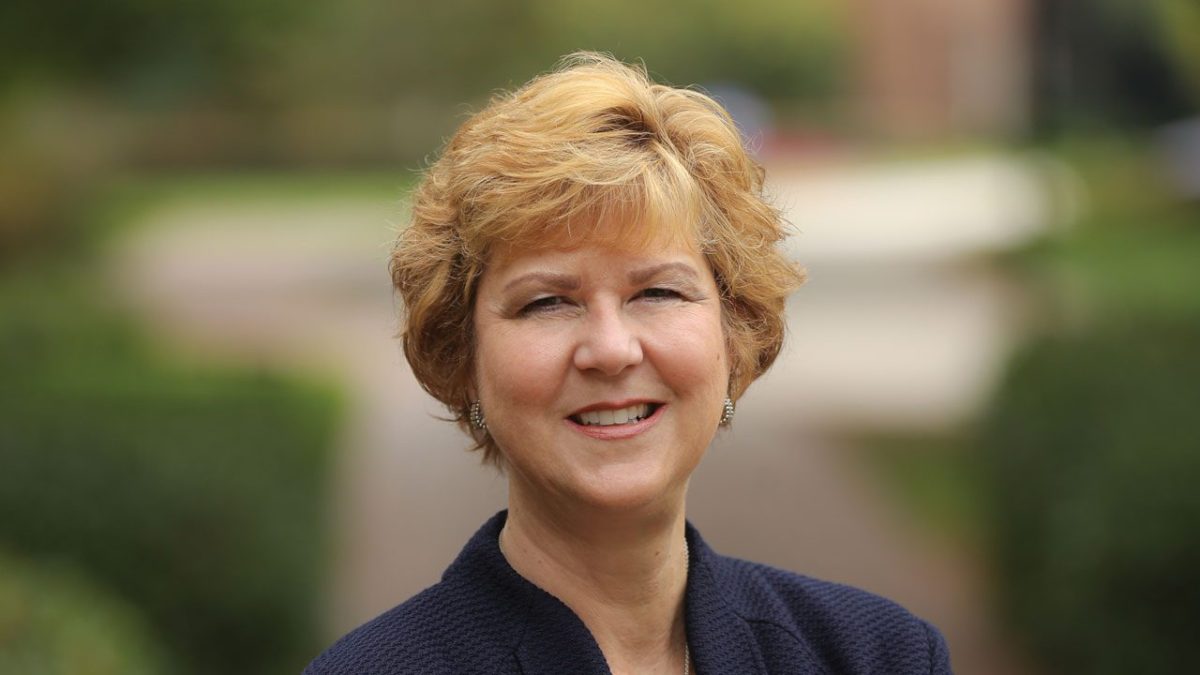A new set of projects is popping the Furman bubble.
Called the Community Engagement Initiative (CEI), these projects are closing the gap between Furman and the rest of Greenville by counting and building on community partnerships, CEI coordinators say.
Politics and international affairs professor Angela Halfacre became a special advisor to the president for community engagement Feb. 1, 2016 and has been developing programs ever since.
Halfacre conceptualized the CEI through her research with surrounding communities and her own experiences as a former Furman student.
“Academia is in a really unique and distinctive position to help provide information for better decision-making in the community,” Halfacre said. “We started asking, ‘What are we already doing?’ Well, we’re doing a lot, but we didn’t have any of that documented.”
Halfacre organized the CEI into five project teams to map out Furman’s network of community partners and identify gaps.
Headed by faculty and staff from various departments with help from students, the project teams found that while Furman’s partnerships were vast, there was still more to be done in Greenville specifically.
A 2016 survey conducted by an external consulting group showed that Furman was well-known for its aesthetics, elite education and friendly students, but not as much for its overall mission and involvement with the community.
“Furman as a whole was this unknown entity in Greenville. We’re not physically far away, but we’ve kind of set ourselves far away by not engaging with the community in the right way,” said 2016 alum Hannah Wheeler, who sat in on the survey’s focus groups. Wheeler and fellow alum Victoria Wornom, ‘16, are the first post-baccalaureates to serve as CEI fellows.
After mapping out Furman’s resources, the project teams turned to doing the same for surrounding Greenville neighborhoods through three pilot projects.
One such project is the United Way of Greenville’s initiative to identify factors in Greenville neighborhoods that impact high school graduation rates.
“United Way was looking for an organization that could help them to understand community needs,” said sustainability professor Matt Cohen, who helped Furman write a proposal to United Way. “We started trying to figure out which 10 communities in the area were priority communities.”
Furman faculty, students and alumni from several departments collaborated with United Way to develop a strategy that community leaders themselves could implement.
“It takes a village,” said John Michael Robinson, a fifth-year sustainability and Spanish double major and CEI fellow who worked on the project. “United Way wants to create better villages to support students. One way to do that is via looking at demographic data.”
This data, coupled with interviews and surveys across various Greenville neighborhoods, revealed the gaps in community resources and points of intervention for United Way.
The project has been ideal both for community engagement and professional development for Furman students.

“I was drawn to this practicum because I really wanted something more realistic for what a workplace setting is going to be,” said senior sustainability science major and CEI fellow Elisabeth Schatke. “I wanted to produce a tangible project that someone actually wants rather than what’s just interesting – producing something that the community wants.”
Robinson and Schatke worked on the United Way project extensively, from data collection and analysis to contributing to a final report. Both students presented their work on the project at out-of-state conferences this spring.
Halfacre anticipates that in the future at least four post-baccalaureate fellows will help progress CEI projects alongside students who are using CEI experiences to complete internship and practicum requirements for their undergraduate degrees.
“I can unequivocally say that these [post-baccalaureate fellows] have gotten experience that many of our faculty didn’t get until well into their graduate degrees and beyond,” Halfacre said.
Wornom echoed the sentiment, noting her personal experience as a fellow.
“We talk about the Furman Advantage over a four-year period, but we think that we still have the Furman Advantage even a year out,” Wornom said.


























